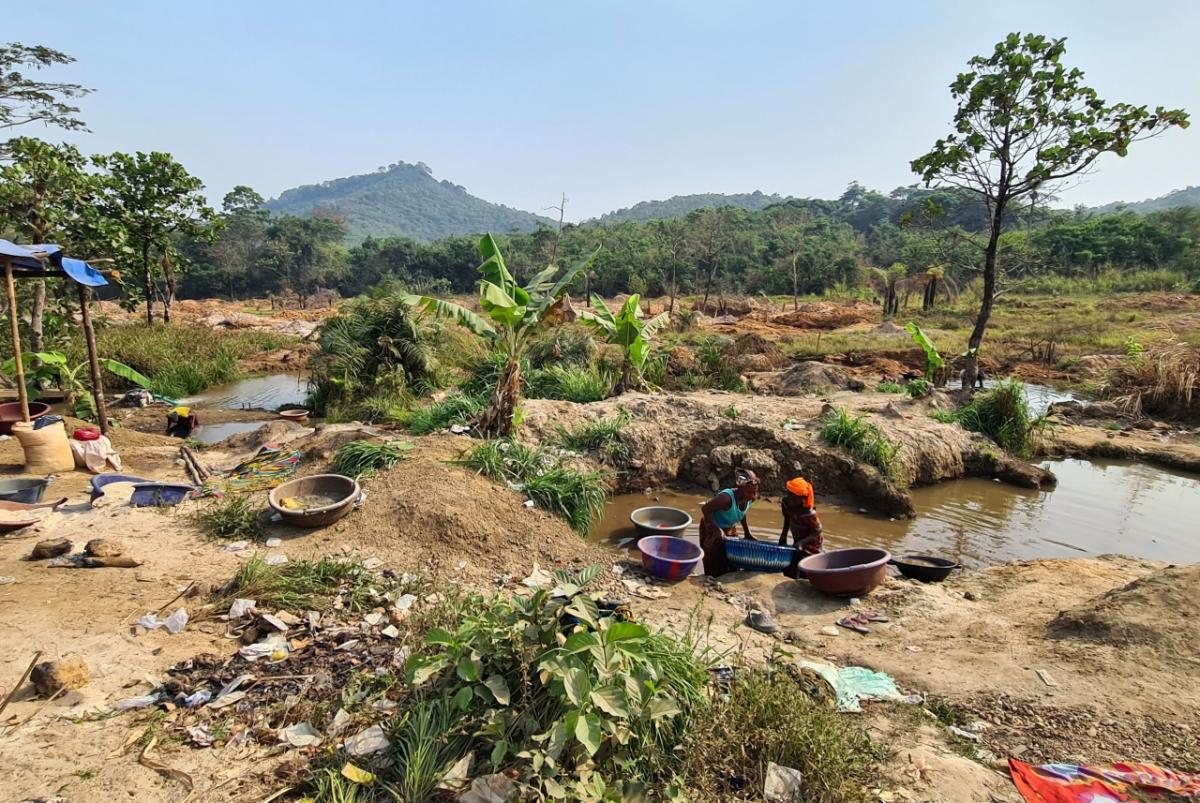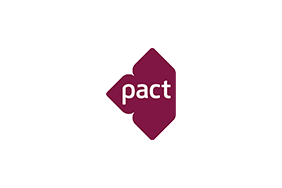Establishing Sierra Leone's First Formal Gold Mining Association for Responsible Trade

Sierra Leone’s burgeoning artisanal and small-scale gold mining (ASGM) sector provides critical livelihoods for women and young men in a place where viable income-generating options are few. But the country’s ASGM sector is also largely informal and associated with a range of serious social and environmental challenges, including mercury use.
In response, the government of Sierra Leone has developed a National Action Plan (NAP) to reduce mercury use in the ASGM sector, through formalization, the introduction of better mining practices and improved market access, and advancing gender equality in ASGM communities. With a project called Piloting NAP Implementation in Sierra Leone, financed by BMZ through GIZ, Pact is helping to get the plan off the ground, and in recent months, working side by side with local communities, we have made marked progress in Tonkolili district, where significant ASGM activity takes place.
Most notably, with Pact’s support, an ambitious group of miners has registered with the Tonkolili District Council as the country’s first formal ASGM association, the Bolaneh Gold Miners and Traders Association, or BMTA. As Pact’s Jorden de Haan explained in the UN Formalization Handbook and in Sierra Leone’s NAP (which de Haan helped the Environment Protection Agency to design), this is an important first step in the formalization process, critical for helping miners to build the administrative, social and financial capital required for navigating this tedious process and gradually adopting better mining methods.
With Pact’s local support – led by our national coordinator Joseph Smith – BMTA has adopted a constitution outlining the association’s mission and vision statements and rules of operation, and opened a bank account. In addition, during a recent visit by Pact’s international team of ASGM experts, we supported BMTA in obtaining three artisanal mining licenses, covering the entirety of their mine site.
While the full professionalization of informal mining remains a work in progress, it has been wonderful to see this community taking key first steps for bringing to fruition what we initiated together. In a sign that BMTA is taking true ownership of responsible mining, the group recently removed a dangerous “hanging wall” above their mining trench, drastically improving occupational health and safety by reducing the risk of a pit collapse. This is just the beginning of what is possible and what will be needed through a holistic formalization process.
We are also helping the community to prepare for the installation of a mineral processing facility. Pact has contracted a company for the construction of the processing plant in Bolaneh and has together with BMTA identified and cleared land for the facility. Additionally, we have started the procurement and local fabrication of mercury-free mineral processing equipment, which will be installed in the processing plant once it is built.
Pact has also engaged BMTA in risk evaluation and management, through an Excel template we have developed based on the CRAFT Code. This exercise entails a comprehensive evaluation of social, financial, governance, security and environmental risks in and around the mine site, and outlining actions for managing them for progressive improvement and compliance with the OECD Due Diligence Guidance and EU Regulation on Conflict Minerals. Pact and BMTA are currently developing a Mine Plan in conjunction with our CRAFT Scheme, to outline detailed steps for managing identified environmental and health risks.
Finally, in another milestone for the project, Pact organized a workshop on responsible gold trade with policymakers, gold miners, dealers and civil society organizations in Freetown, which was viewed by participants as a primer in Sierra Leone where such public discussions have mostly taken place in the context of the country’s diamond sector. The March workshop focused on raising awareness about national and international gold trade regulations with support from the National Minerals Agency, and on gathering input from stakeholders on concrete actions for promoting responsible gold trade in Sierra Leone, which we are now compiling into a report with recommendations for policymakers.
While ongoing support will be required to sustain and scale our impact, Pact is pleased with the important progress that the ASGM community has made so far, and we look forward to continuing to work together to invigorate formal gold production and trade in Sierra Leone.
Learn more in the project’s April update bulletin and this fact sheet.

